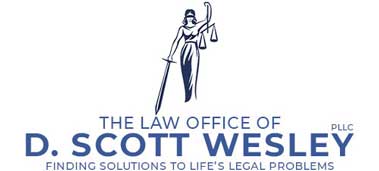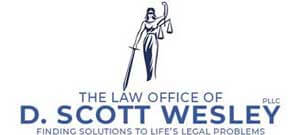As important as it is for everyone to have an estate plan, many people undermine its importance and fail to give the task the proper attention it deserves. It does more than dictate your final wishes regarding your assets and estate. It is a valuable financial planning tool that can help prevent complications, financial and health care issues and disputes during your senior years and provide valuable protection for inheritances.
To reap the full benefits of estate planning, it is important to plan for possible situations that may affect you, your family and your estate. Try not to leave anything to chance. By creating contingencies in your estate plan, you can maximize its effectiveness and protection. Below are two key bases to cover.
- Document all assets and property
When it comes to detailing the assets in your estate, do not overlook your digital and retirement accounts, life insurance policies and annuities. All too often people forget to include those assets in their estate plans, not realizing that they may have their own specific transfer rules upon death. Review the beneficiary listings on your retirement, life insurance and annuity policies to ensure they transfer to the right individuals, especially if you have a blended family or have gone through a divorce.
It does not matter how valuable you think your property and assets are, play it safe, list them in your estate plans and include the legal name of who you want to inherit them. Include a document listing all account access information for the person you trust to manage your affairs.
- Include clear instructions and legal documents
Do not assume that your loved ones will remember or honor every verbal request you give them regarding your end-of-life care or death. Write down your wishes and any instructions you want your family and loved ones to follow. Keep them in a safe and easily accessible place so there is no confusion or delay in finding them.
Be sure to include provisions just in case you become seriously ill before you pass away and need specialized care, such as a health care power of attorney (for someone to make medical decisions on your behalf), a financial power of attorney (for someone to manage your finances if you become unable to) and other documents to make settling your estate easier.

